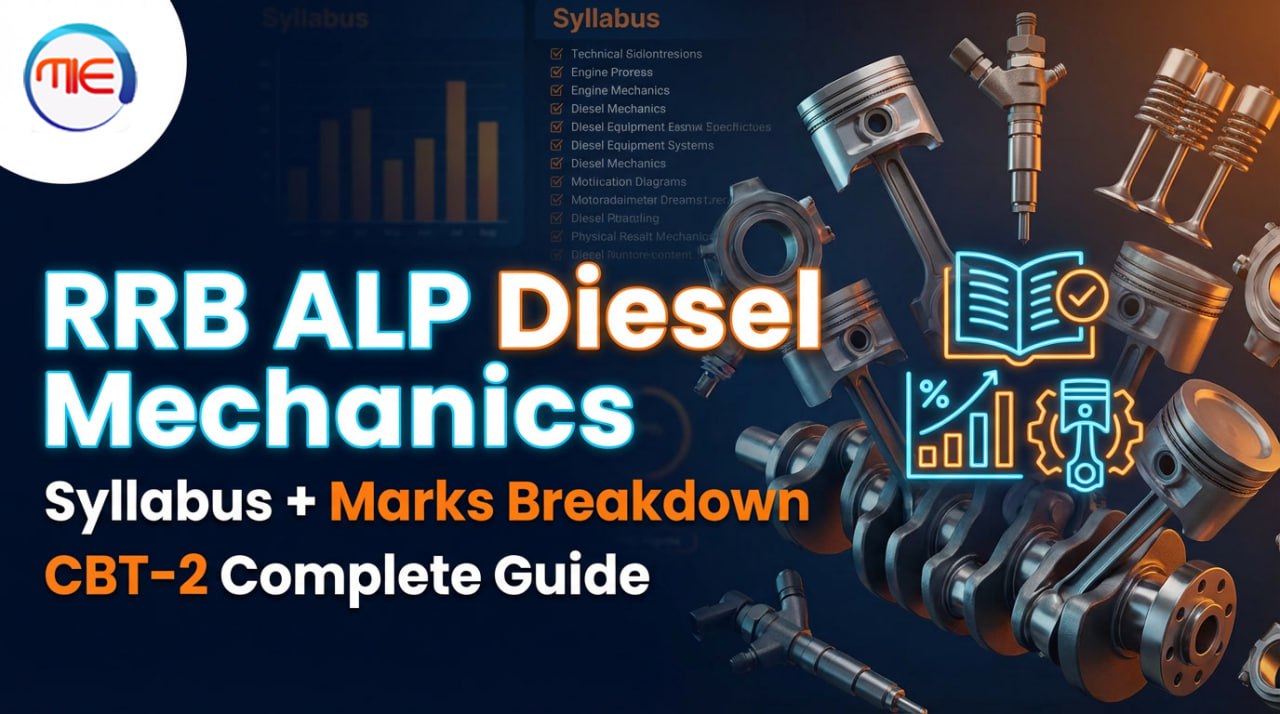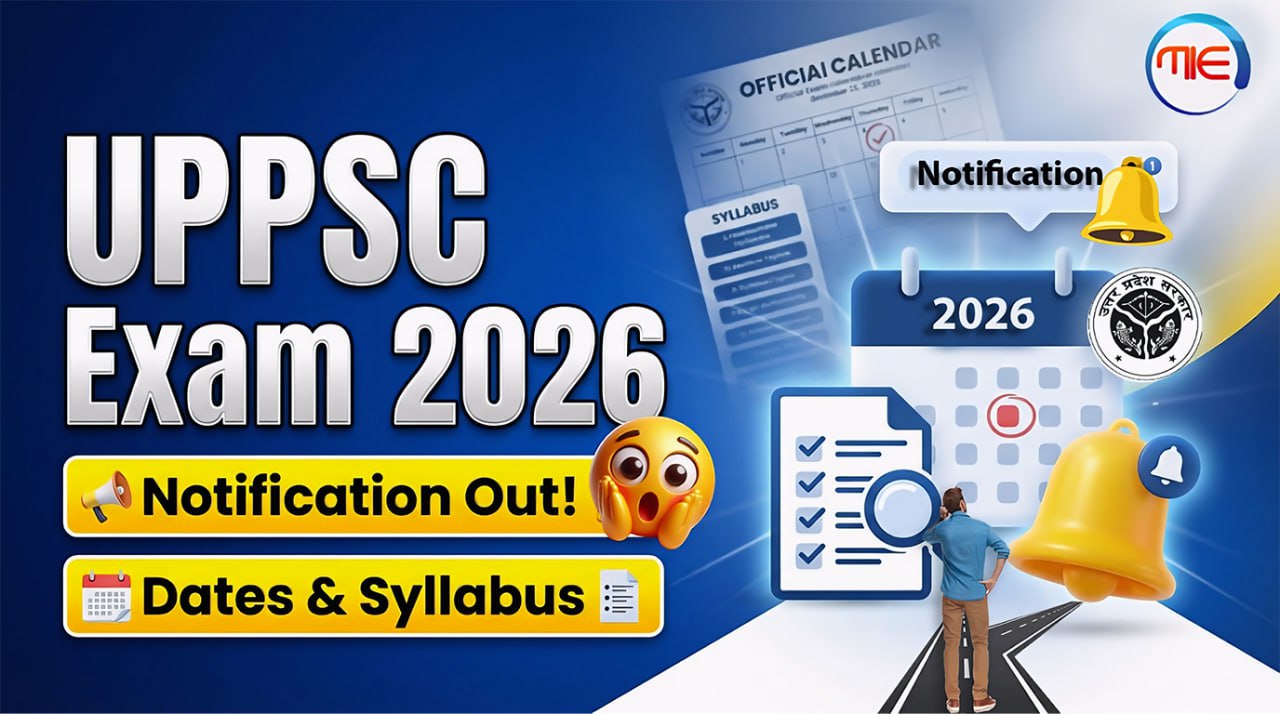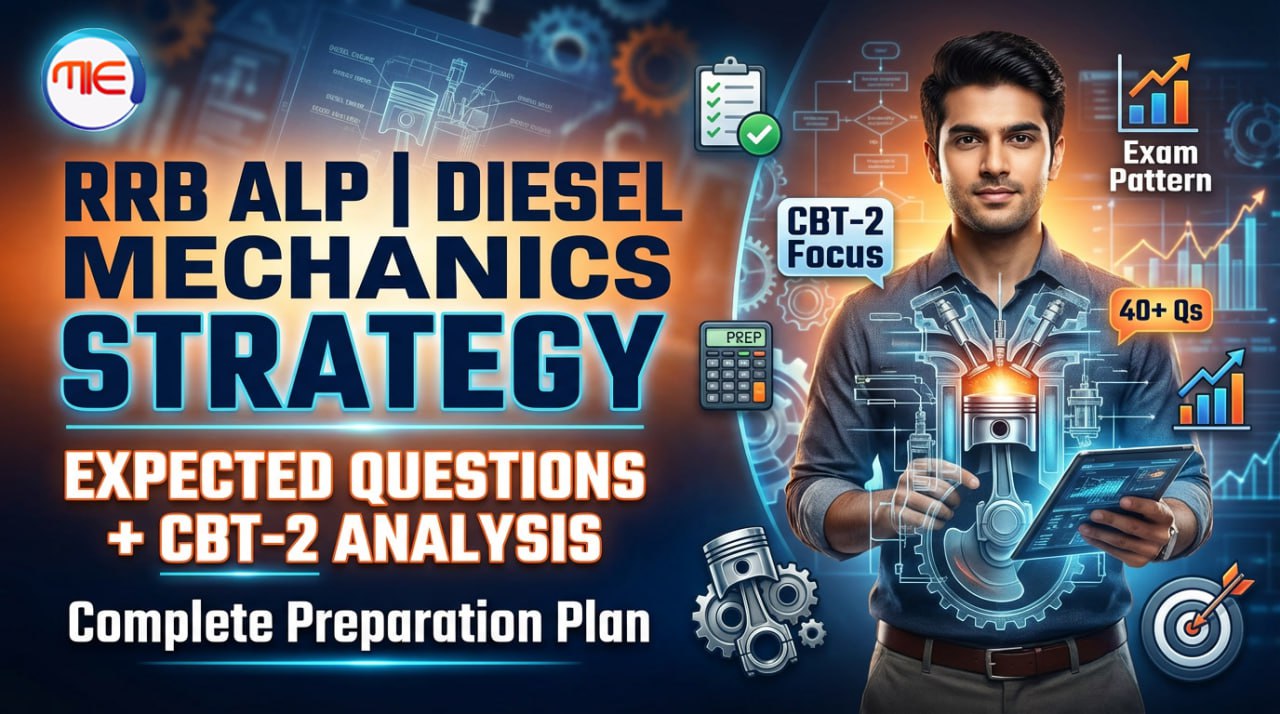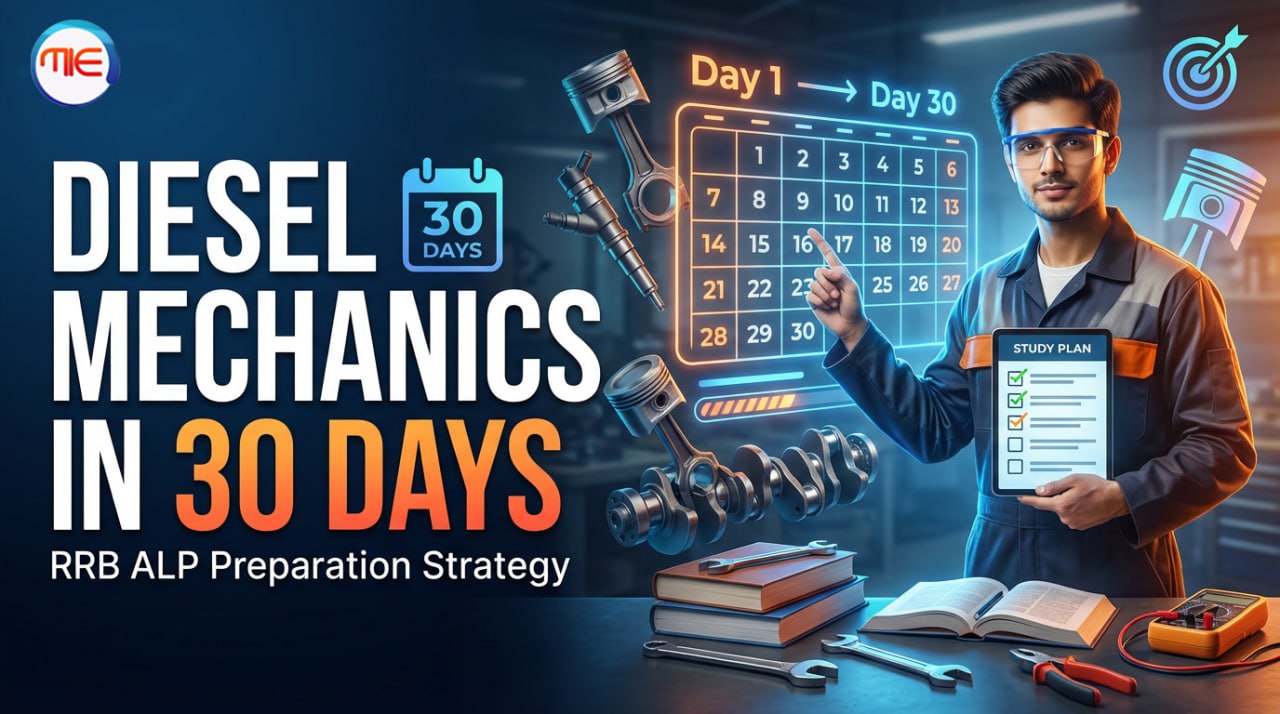| Particulars | Details |
|---|---|
| Recruiting Body | Bihar Technical Service Commission (BTSC) |
| Post Name | Junior Engineer (JE) / कनिष्ठ अभियंता |
| Total Vacancies | 2747 Posts |
| Notification Date | 04.10.2025 |
| Application Start Date | 15.10.2025 |
| Application End Date | 15.11.2025 |
| Selection Process | Computer-Based Test (CBT) + Work Experience Weightage + Document Verification |
| Official Website | www.btsc.bihar.gov.in |
| Post Name (Advt. No.) | Discipline | Total Vacancy |
|---|---|---|
| Junior Engineer (JE) (Advt. No. 08/2025) | Civil Engineering (सिविल) |
2591 |
| Junior Engineer (JE) (Advt. No. 09/2025) | Mechanical Engineering (यांत्रिक) | 70 |
| Junior Engineer (JE) (Advt. No. 10/2025) | Electrical Engineering (विद्युत) | 86 |
| Total | 2747 Posts |
Aspirants must meet the prescribed educational qualification and age limit as of the crucial date specified in the detailed notification.
The primary and minimum educational requirement for the BTSC JE post is a Three-Year Diploma in the relevant engineering discipline from a recognized institution/university.
For JE (Civil): Diploma in Civil Engineering.
For JE (Mechanical): Diploma in Mechanical Engineering.
For JE (Electrical): Diploma in Electrical Engineering.
Note: Candidates possessing a higher qualification, such as a B.E./B.Tech. Degree in the relevant field, are also considered eligible to apply.
Minimum Age: 18 years.
Maximum Age (General Male): 37 years.
Age relaxation is provided to reserved categories as per the Bihar Government rules. This typically includes relaxation for OBC/EBC (up to 40 years) and SC/ST (up to 42 years). Female candidates from the unreserved category also receive relaxation.
The selection for the Junior Engineer posts will primarily be based on a two-stage process: a Computer-Based Test (CBT) and the evaluation of relevant Work Experience, followed by Document Verification (DV).
| Stage | Component | Weightage |
|---|---|---|
| Stage 1 | Computer-Based Test (CBT) | 75% |
| Stage 2 | Evaluation of Work Experience | 25% |
| Stage 3 | Document Verification (DV) | Final Selection |
The merit list will be prepared by combining the scores from the CBT and the marks awarded for work experience, where each year of relevant work experience grants a specific weightage up to a maximum of 25 marks.
Understanding the CBT pattern is crucial as it holds a 75% weightage in the final selection. The exam will be a single-paper test comprising technical and non-technical sections.
| Section | Subject | No. of Questions | Total Marks |
|---|---|---|---|
| Part I | General Studies | 20 | 20 |
| Part II | Domain Knowledge (Technical) | 80 | 80 |
| Total | — | 100 | 100 |
Exam Mode: Online (Computer-Based Test).
Total Duration: 2 Hours (120 Minutes).
Question Type: Multiple Choice Questions (MCQ).
Marking: +1 mark for every correct answer.
Negative Marking: 0.25 marks will be deducted for every incorrect answer (a crucial factor to keep in mind).
Language: Bilingual (Hindi and English).
The syllabus for the BTSC JE exam is designed to test both general aptitude and in-depth knowledge of the respective engineering discipline at the Diploma level. The following syllabus is based on the official structure of previous recruitments and is the highly expected pattern for 2025.
This section aims to evaluate the candidate's general awareness and current affairs knowledge. Key topics include:
Current Affairs: National and International events of importance, especially those related to Bihar.
Indian History & Culture: Focus on Bihar's history.
Indian Geography & Polity: General concepts, Indian Constitution, and the political system.
Science and Technology: Basic principles of Physics, Chemistry, and Biology, along with recent developments in S&T.
Static General Knowledge (GK): Awards, Books, Authors, Sports, Organizations, etc.
The technical section will cover core subjects relevant to the candidate's specific stream.
The syllabus encompasses core Civil Engineering subjects:
Building Materials: Physical and chemical properties, classification, tests, and uses (Cement, Bricks, Timber, etc.).
Surveying: Basic surveying, Chain Surveying, Compass Surveying, Levelling, Theodolite Surveying.
Soil Mechanics: Index properties, Permeability, Consolidation, Shear Strength, Bearing Capacity.
Hydraulics: Fluid properties, Hydrostatics, Flow measurements, Bernoulli's theorem, Flow through pipes and channels.
Water Resources Engineering (WRE) & Irrigation: Hydrology, Water requirement of crops, Canal designs.
Transportation Engineering: Highway planning, Pavements (flexible and rigid), Railway components.
Environmental Engineering: Water supply, Water treatment, Sewage systems, Solid Waste Management.
Structural Engineering & Design: Theory of Structures, RCC Design (Limit State and Working Stress), Steel Design.
The syllabus covers the fundamentals of Mechanical Engineering:
Thermodynamics: Laws of Thermodynamics, properties of pure substances, entropy, and various cycles (Otto, Diesel, Rankine).
Strength of Materials (SOM): Stress and strain, Bending Moment and Shear Force diagrams, Torsion in shafts, columns, and thin cylinders.
Theory of Machines (TOM): Mechanisms, Cams, Gears, Flywheels, Balancing, and Vibrations.
Fluid Mechanics & Machinery: Fluid properties, Fluid statics, Bernoulli's equation, Pumps, and Turbines.
IC Engines and Power Plants: Working of IC engines, Boilers, Steam Turbines, Gas Turbines.
Manufacturing Engineering: Casting, Welding, Machining processes, Machine tools, Metrology.
The syllabus focuses on Electrical Engineering principles and applications:
Electrical Circuits: Network theorems, AC and DC circuit analysis, Resonance, Transient analysis.
Electrical Machines: Transformers, DC Machines (motors/generators), Induction Motors, Synchronous Machines.
Power Systems: Generation, Transmission, and Distribution, Switchgear and Protection, Fault analysis.
Control Systems: Open/Closed loop systems, Transfer functions, Time-domain and Frequency-domain analysis, Stability.
Measurements & Instrumentation: Measuring instruments, Bridges, Transducers, Error analysis.
Utilization of Electrical Energy: Illumination, Electric traction, Electric heating, and Welding.
The application process is entirely online. Candidates must ensure they follow the official steps to avoid rejection of their application form.
Visit the Official Website: Go to the official BTSC portal: www.btsc.bihar.gov.in on or after 15.10.2025.
Find the Link: Navigate to the 'Online Application' or 'Recruitment' section and find the link for Advt. No. 08/2025, 09/2025, or 10/2025 for Junior Engineer.
Registration: Complete the initial registration by providing basic details and generating a unique Registration ID.
Fill the Form: Log in using the Registration ID and fill in all personal, educational, and communication details carefully.
Upload Documents: Upload scanned copies of your photograph, signature, Diploma/Degree certificate, and caste certificate (if applicable) in the prescribed format and size.
Application Fee Payment: Pay the required application fee through the online payment gateway (Net Banking/Debit Card/Credit Card). The fee varies by category (e.g., General/OBC/Other State candidates: Rs. 600; SC/ST/PH: Rs. 150).
Final Submission: Review the entire form and submit it before the deadline of 15.11.2025.
Printout: Save and print the final confirmation page for future reference.
The release of the BTSC JE Recruitment 2025 short notice with 2747 vacancies marks the beginning of a crucial phase for all engineering job aspirants in Bihar. Given the limited time till the probable exam date (expected in Dec 2025/Jan 2026), a focused and strategic preparation plan is essential. Master the 80 marks of the technical domain and consistently practice General Studies questions to maximize your score in the 75% weightage CBT. Don't wait for the last date; apply early and dedicate the coming weeks to intensive preparation.
You can find a complete breakdown of the vacancies, eligibility, and expected exam changes in this video:
Start Your Preparation Today!

Makeiteasy










Leave a Comment